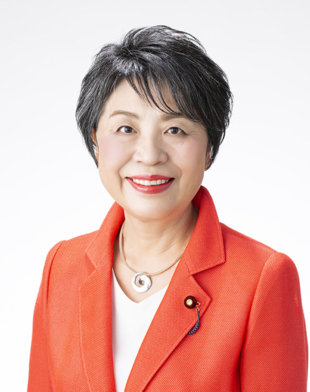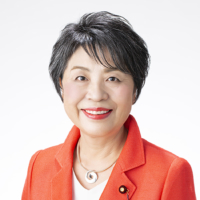On the 60th anniversary of Japan’s accession to the Organisation for Economic Co-operation and Development, it is a great privilege for Japan to chair this year’s OECD Ministerial Council Meeting (MCM). The meeting will include the participation of Laos (ASEAN chair), Indonesia, Singapore, Thailand, Vietnam and the ASEAN Secretariat. As the most senior member from Asia, Japan’s primary focus at the MCM is to emphasize the significance of the OECD’s engagement with the Indo-Pacific region, aiming to strengthen a rules-based, free, and fair international economic order.

For over half a century, the OECD has indeed played a pivotal role in developing rules and standards in areas such as trade, freedom of capital movement, international taxation and corporate governance. However, the organization must evolve to sustain its relevance and impact in the global economy especially as emerging nonmember countries come to exert greater economic influence. Rules only fulfill their purpose when major stakeholders are actively involved in their formulation and implementation. Today, it is evident that countries in Southeast Asia, as the world’s most dynamic growth center, are key stakeholders in this context.
Southeast Asia can also benefit from leveraging the OECD’s increased presence in the region. While the region experiences remarkable economic development, there remains a financing gap that must be addressed to achieve sustainable development. Therefore, a reassessment of funding strategies is essential. It is time to shift away from over-reliance on increasingly limited governmental funding and transition towards attracting dynamic private investment. In this vein, to encourage private investment and reduce dependence on government funding, it is important to recognize that meeting OECD standards is a critical factor on which global investors base their decisions on investment destinations. Promoting OECD standards in Southeast Asia would aid in overcoming the middle-income trap and establish the right conditions for sustainable growth, given the OECD’s impressive track record in analytical work and policy proposals across diverse social and economic issues, ranging from education to industrial policies.
In this regard, we have observed significant developments this year in the relationship between the OECD and Southeast Asia. In February, the OECD decided to initiate the accession review process for Indonesia, and Thailand also expressed its intention to join the OECD.
During this momentous occasion, Japan’s strong position as a bridge between the OECD and Southeast Asia will create conducive conditions for sustainable global growth.
As the chair, Japan will also include cross-cutting topics such as gender equality and climate change in MCM agendas to support the achievement of the U.N.’s sustainable development goals (SDGs) in Southeast Asia. Most importantly, we will use this year’s MCM as an opportunity to further strengthen a rules-based, free, and fair international economic order by deepening engagement with the Indo-Pacific region.



